Mining Allelic Diversity in maize Landraces for Tolerance to Abiotic and Biotic stresses

Source: Stéphane D. Nicolas, INRAE
Climate change, soil degradation and fertilizer costs threaten food security and agriculture sustainability in Europe. Traditional varieties of crops or landraces are a valuable source of genetic diversity for addressing these challenges.
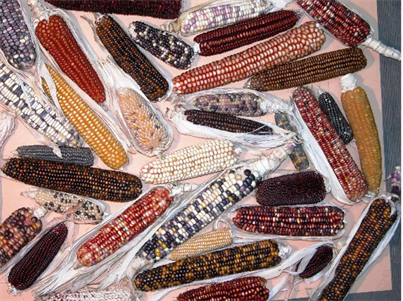
Source: Anne Zanetto, INRAE
Landraces have been selected for adaptation to local agro-climatic conditions and human uses and could therefore carry favorable alleles for tolerance to abiotic or biotic stresses. However, landraces remain underutilized in modern breeding programs and agriculture because they are poorly characterized, genetically heterogeneous and exhibit limited agronomic performance compared to elite material. Great effort has been recently made to characterize the genotypic variation of thousands of maize landraces but few resources have been mobilized for analyzing their phenotypic variation and genetic diversity for complex traits as tolerance to abiotic and biotic stresses. MineLandDiv project proposes to fill this gap by combining different up-to-date genomic approaches, genetic and statistical methods with high throughput phenotyping tools including sensors / metagenomics for fine environmental characterization.
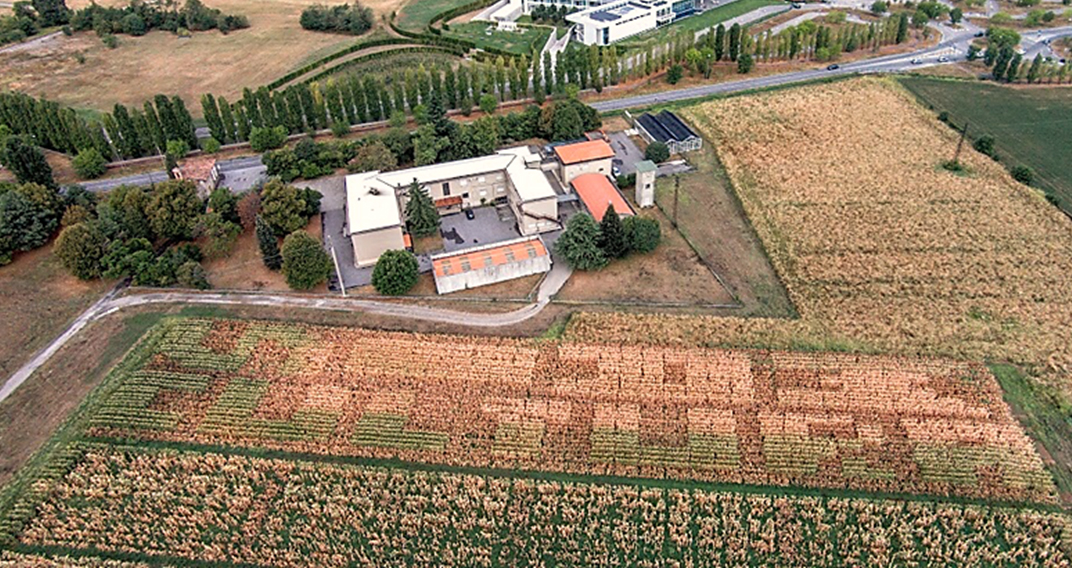
Source: : Carlotta Balconi, CREA)
MineLandDiv aims at (i) identifying maize landraces and favorable alleles for tolerance to abiotic (heat/drought - cold - nitrogen) and biotic stresses (Corn borer) that could be used to broaden genetic diversity of modern breeding germplasms and (ii) better understanding their resilience to variable environmental conditions.
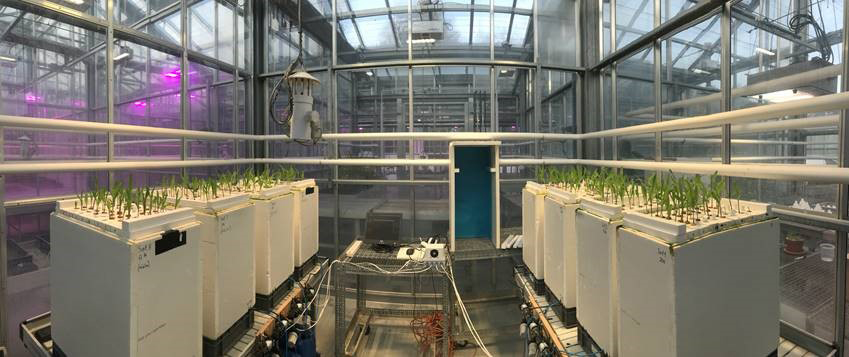
Source: : Xavier Draye, UCL
To achieve this, MineLandDiv proposes to:
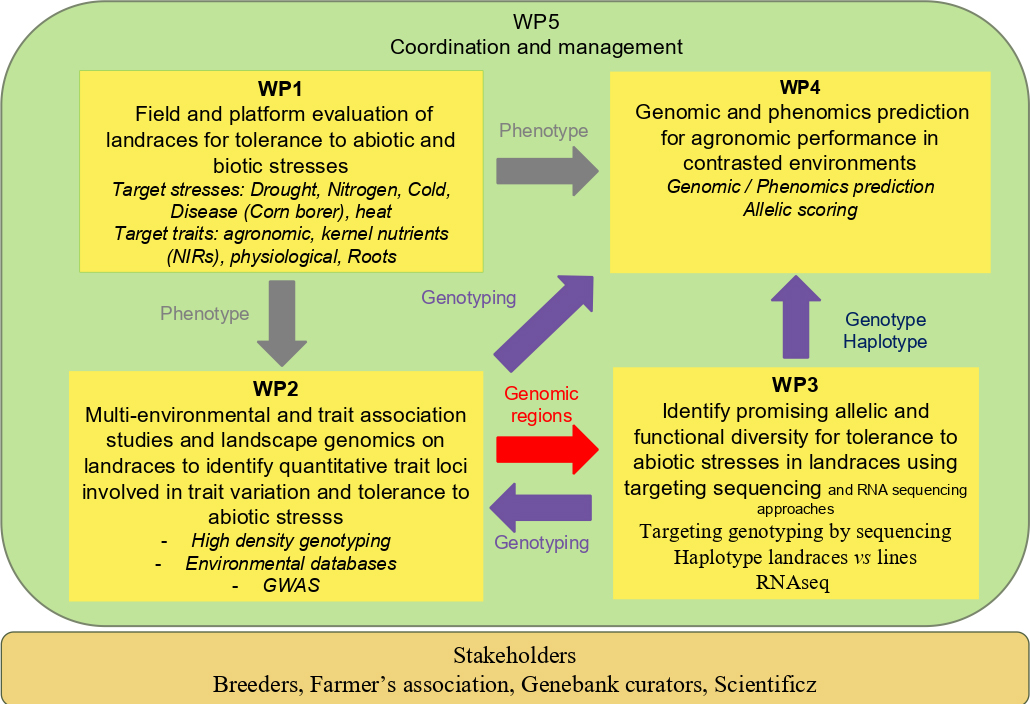
Source: Stéphane D. Nicolas, INRAE
This project will increase our knowledge about adaptation mechanisms of maize landraces to different agro-climatic conditions. We will identify promising alleles and landraces that could be used to broaden the genetic basis of breeding germplasm for tolerance to abiotic / biotic stresses by releasing new inbred lines or using other bridging/technology approaches.
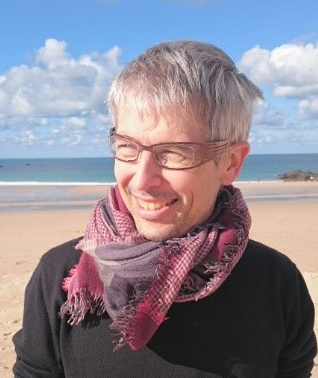
Source: Stéphane D. Nicolas, INRAE
Dr Stéphane D. Nicolas
INRAE, GQE-Le Moulon - Institut National de Recherche pour l’Agriculture, l’Alimentation et l’Environment, France
Email: stephane.nicolas@inrae.fr
Dr Alain Charcosset
GQE-Le Moulon - Institut National de Recherche pour l’Agriculture, l’Alimentation et l’Environment (INRAE), France
Dr Laurence Moreau
GQE-Le Moulon - Institut National de Recherche pour l’Agriculture, l’Alimentation et l’Environment (INRAE), France
Assistant Professsor Julie Fievet
GQE-Le Moulon - AgroParisTech, France
Assistant Professsor Sarah Ben Sadoun
GQE-Le Moulon - AgroParisTech, France
Cyril Bauland
GQE-Le Moulon - AgroParisTech, France
Dr Brigitte Gouesnard
Institut AGAP - Institut National de Recherche pour l’Agriculture, l’Alimentation et l’Environment (INRAE), France
Paule Térès
CRB GAMét – CIRAD, France
Morgane Vincent
CRB GAMéT, Institut AGAP, Institut National de Recherche pour l’Agriculture, l’Alimentation et l’Environment (INRAE), France
Dr Patricia Faivre-Rampant
EPGV - Institut National de Recherche pour l’Agriculture, l’Alimentation et l’Environment (INRAE), France
Dr Damien Hinsinger
EPGV - Institut National de Recherche pour l’Agriculture, l’Alimentation et l’Environment (INRAE), France
Dr Romain Chapuis
UE Diascope - Institut National de Recherche pour l’Agriculture, l’Alimentation et l’Environment (INRAE), France
Pascal Sartre
UE Diascope - Institut National de Recherche pour l’Agriculture, l’Alimentation et l’Environment (INRAE), France
Carine Palaffre
UE du maïs, Institut National de Recherche pour l’Agriculture, l’Alimentation et l’Environment (INRAE), France
Dr Carlotta Balconi
Consiglio per la Ricerca in Agricoltura e l'Analisi dell'Economia Agraria (CREA), Italy
Dr Rita Redaelli
Consiglio per la Ricerca in Agricoltura e l'Analisi dell'Economia Agraria (CREA), Italy
Dr Alessio Torri
Consiglio per la Ricerca in Agricoltura e l'Analisi dell'Economia Agraria (CREA), Italy
Dr Gianfranco Mazzinelli
Consiglio per la Ricerca in Agricoltura e l'Analisi dell'Economia Agraria (CREA), Italy
Professor Silvio Salvi
ALMA MATER STUDIORUM - Università di Bologna (UNIBO), Italy
Professor Elisabetta Frascaroli
ALMA MATER STUDIORUM - Università di Bologna (UNIBO), Italy
Professor Antonio Lupuni
Mediterranea University of Reggio Calabria (UNIRC) , Italy
Dr Rossana Sidari
Mediterranea University of Reggio Calabria (UNIRC), Italy
Dr Ana Butrón
Consejo Superior de Investigaciones Científicas (CSIC), Italy
Dr Pedro Revilla
Consejo Superior de Investigaciones Científicas (CSIC), Italy
Dr Rosa Ana Malvar
Consejo Superior de Investigaciones Científicas (CSIC), Italy
Dr Amando Ordás
Consejo Superior de Investigaciones Científicas (CSIC), Italy
Dr Sekip Erdal
Bati Akdeniz Agricultural Research Institute (BATEM), Turkey
Dr Mesut Esmeray
Maize Research Institut (MRI), Turkey
Professor François Chaumont
Université Catholique de Louvain (UCLouvain), Belgium
Professor Xavier Draye
Université Catholique de Louvain (UCLouvain), Belgium